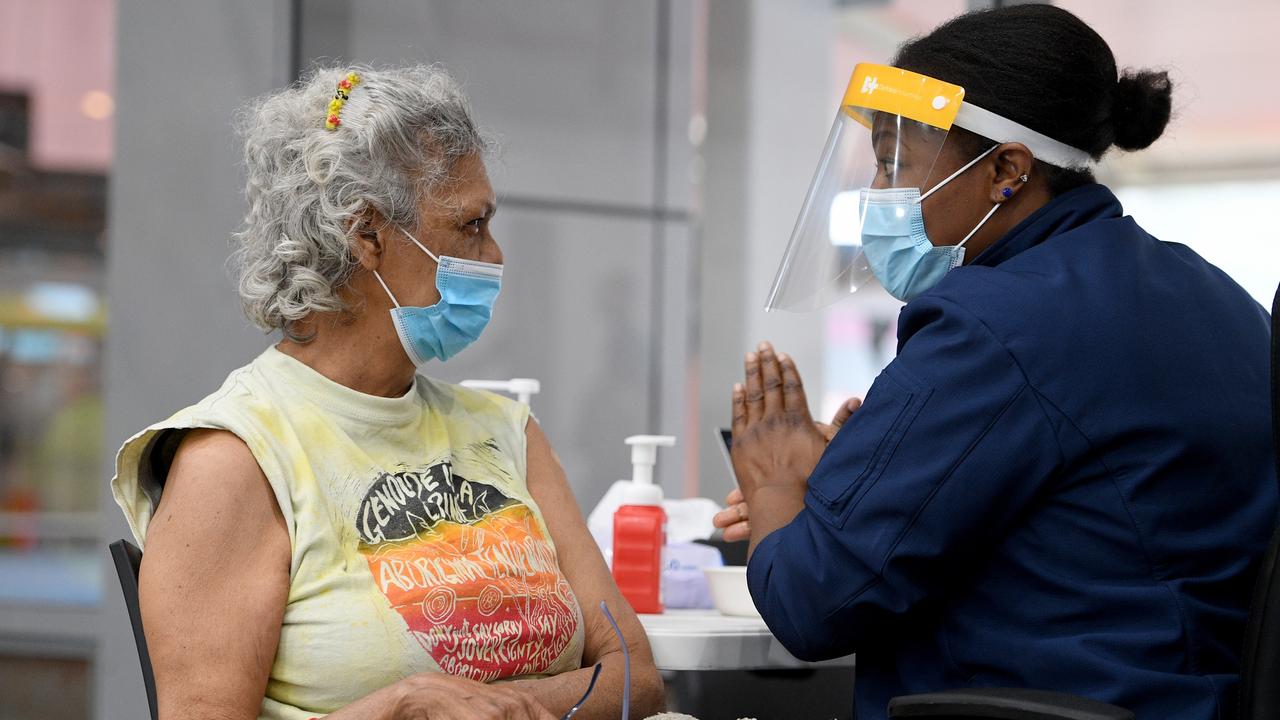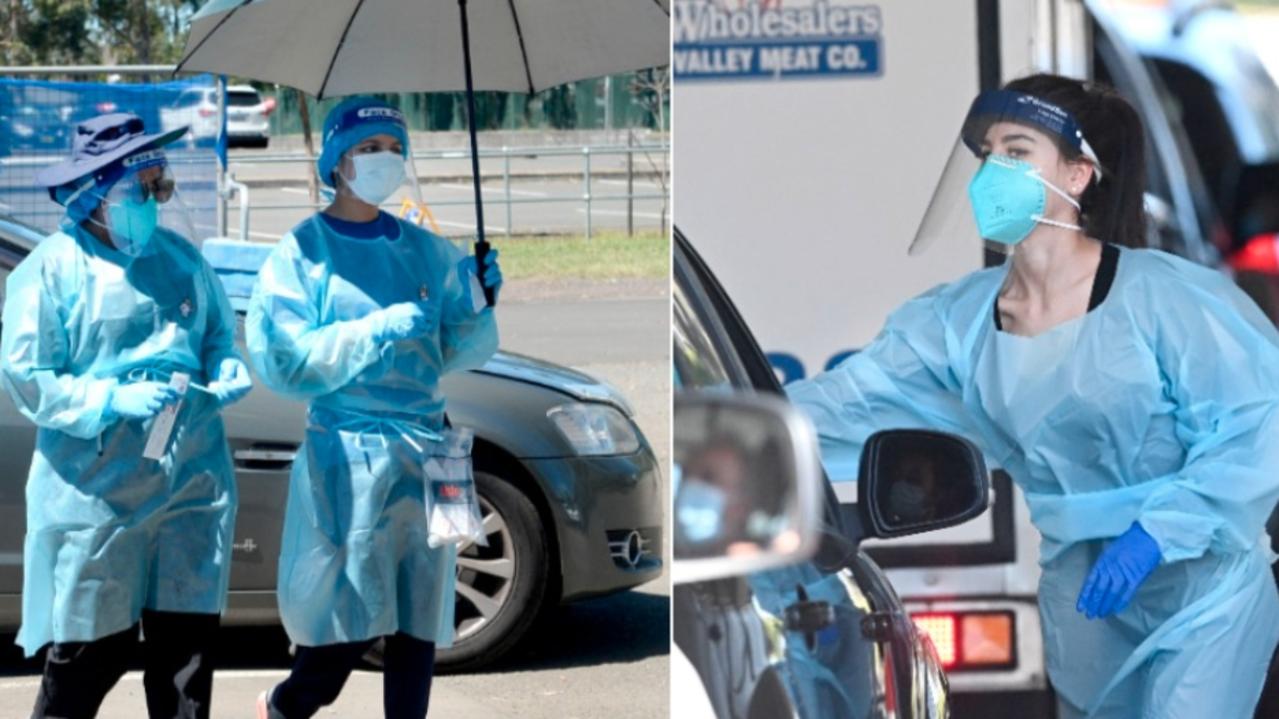Brush turkeys turn up in increased numbers on the northern beaches
BRUSH turkey numbers are increasing as males launch mating season by making large mounds of rotting plant matter, according to local councils.

Nth Beaches
Don't miss out on the headlines from Nth Beaches. Followed categories will be added to My News.
BRUSH turkey numbers are increasing as males launch mating season by making large mounds of rotting plant matter, according to local councils.
Manly, Warringah and Pittwater councils have all reported more sightings of the native birds around the peninsula.
Cumberland Bird Observers Club patron and Avalon Beach resident John Dengate said local turkey populations had been increasing over the past decade.
He believed the turkey population growth rate had slowed recently, but overall numbers continued to grow.


“There are certainly a lot more turkeys than in the past 10 years,” he said.
“There was a big increase about five to 10 years ago. I think it’s still increasing, but it’s plateauing. Other people may have different perspectives.”
A Manly Council spokesman said fox baiting operations had been a factor in the local government area’s increased turkey sightings.
“The numbers are increasing and we’re seeing more of them,” the spokesman said.
“Foxes are not around so the turkeys can survive.”
Mr Dengate agreed fox baiting, as well as better management of pets, had helped protect the turkeys and native animals generally from predators.
The turkeys were active this time of year as males start to build large mounds of rotting plant matter to attract a mate, with female turkeys visiting to lay their eggs. The birds have raised the ire of some because of damage to gardens.


